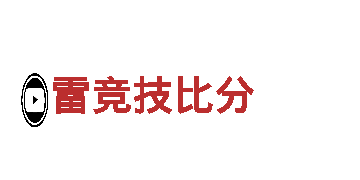
华体会体育赞助里尔裁判 (HuaTiHui Sports Sponsorship on Lille Referees) has become a topic of interest and controversy in the world of sports. The influence of sponsorship on referees has long been a subject of debate, with concerns raised about potential biases and conflicts of interest. In this article, we will delve into the scientific exploration of how HuaTiHui Sports sponsorship may impact the decisions and performances of referees in Lille.
To begin with, it is essential to understand the nature of sports sponsorship and its implications. HuaTiHui Sports sponsorship involves financial support provided by a company to a sports team or organization in exchange for marketing rights. In the case of Lille referees, this sponsorship could manifest in various forms, such as branded uniforms, equipment, or even direct financial incentives.
The relationship between sports sponsorship and referees raises questions about the integrity and impartiality of officiating. Studies have shown that external influences, such as sponsorship deals, can subconsciously affect decision-making processes. Referees may inadvertently show favoritism towards sponsored teams or players, leading to biased judgments on the field.
Furthermore, the psychological impact of sponsorship on referees cannot be overlooked. The presence of HuaTiHui Sports branding in the sports environment may create a sense of indebtedness or loyalty among referees. This psychological factor could potentially cloud their judgment and compromise their ability to make fair and unbiased calls during matches involving sponsored teams.
On the other hand, proponents of sports sponsorship argue that it can enhance the overall quality of sports events by providing necessary resources and support. HuaTiHui Sports sponsorship may enable referees to access better training, technology, and facilities, ultimately improving their performance and decision-making abilities.
Despite the potential benefits, it is crucial to establish clear guidelines and regulations to mitigate the risks associated with sports sponsorship. Transparency, accountability, and ethical standards should be upheld to ensure that referees maintain their integrity and independence in officiating matches.
In conclusion, the impact of HuaTiHui Sports sponsorship on Lille referees is a complex and multifaceted issue that requires careful examination. By understanding the dynamics between sponsorship, referees, and sports integrity, we can strive to create a fair and impartial environment for athletes and fans alike. Only through rigorous scientific exploration and thoughtful consideration can we navigate the delicate balance between commercial interests and sporting values in the modern sports industry.
